It was writing on the wall. The day justice DY Chandrachud took the oath of office as Chief Justice of India, the Modi government’s cordial relations with the judiciary were over, and unease set it which is now turning into a cold war. The first indications came when the apex court showed displeasure at the government’s haste to appoint the chief election commissioner. Now it is the collegium system that is under fire from the government. In fact, the law minister Kiren Rijiju has been rather vocal and irreverent in criticizing the collegium system and seeking its constitutional validity on public platforms. The Supreme Court however has not made public its displeasure with the law minister’s remarks. Perhaps it knows that it is not just the law minister who is speaking his mind but lip-synching Modi administration which has subverted most constitutional bodies, bending them with its brute political majority. Nevertheless, the Supreme Court is different. After CJI Chandrachud took over the Supreme Court has not been very supportive of the government's actions and has asked many difficult questions which are embracing for the government to say the least.
So the law minister’s jibe is understandable though it is far off the mark and does not augur well for his stature. Indeed not everything is written in the constitution and the Supreme Court has all the powers to make rules to defend its autonomy and neutrality which the government doesn’t like. And by the way, this power comes from the constitution. The Supreme Court in the 1990s had put the collegium system in place which continues to date and the government wants to remove it and take the appointment of judges into its own hands. If that happens the judges will owe their allegiance to the government like the heads of other constitutional bodies (like the election commission). It is no secret that any government would not like to be challenged for its actions and laws it passes in a court of law which means delay and embarrassment. But there are issues that are so controversial that they need to go to court for scrutiny if not for a rollback. The Modi government has made several such decisions that deserve close legal scrutiny, demonetization is surely one of them and so are many other rules it bends as it feels a popular government is omnipotent. It is not. It must learn to live with the judiciary which interprets its actions in the light of the constitution.







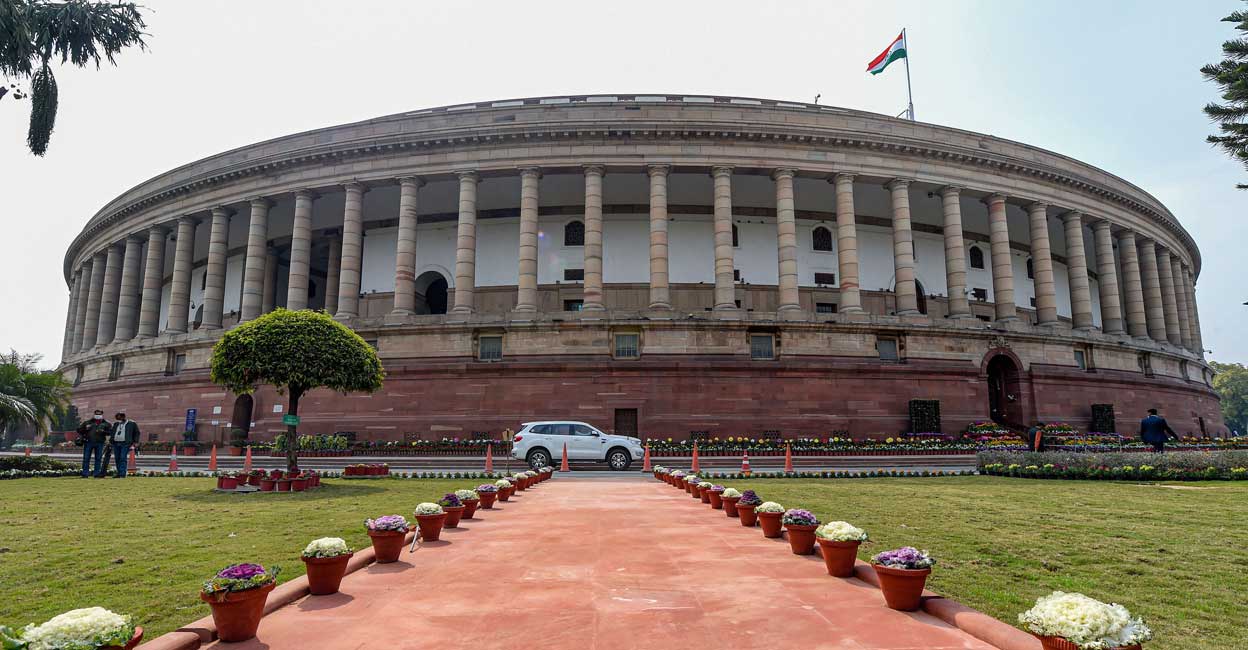
 OpinionExpress.In
OpinionExpress.In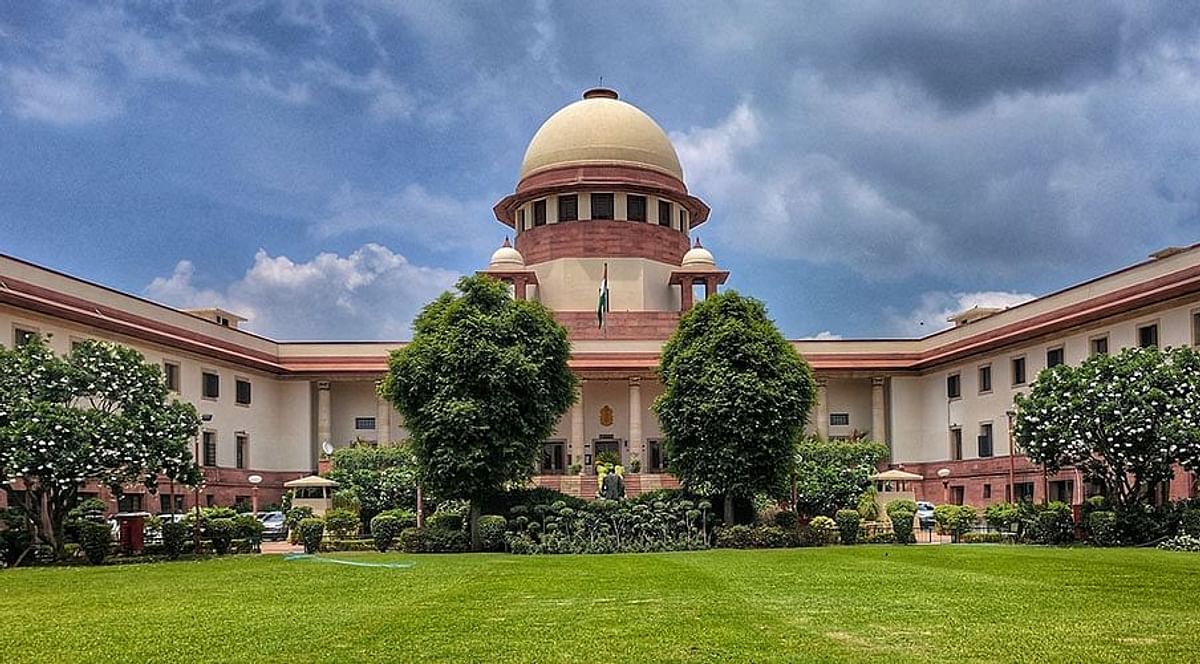
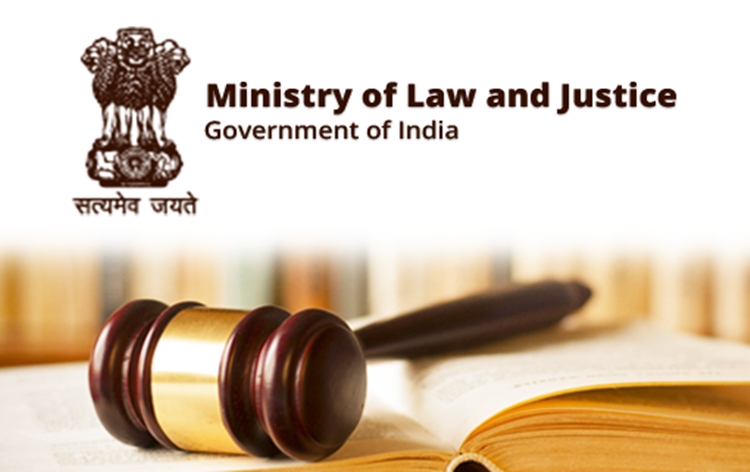
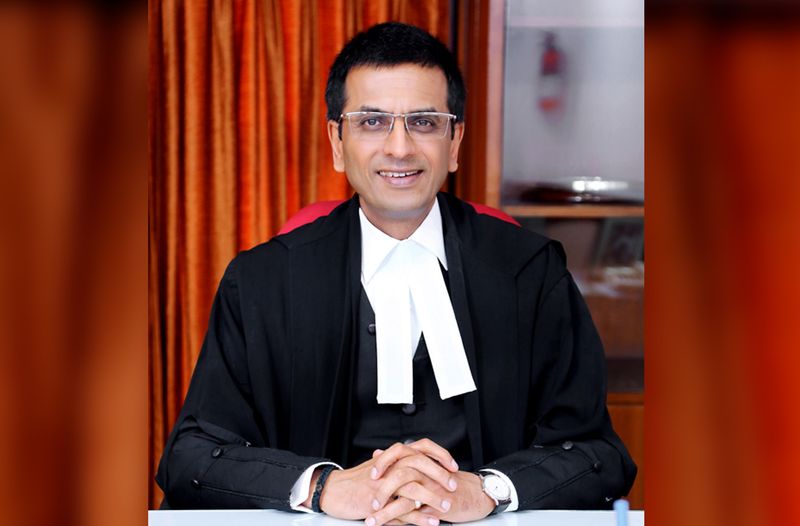
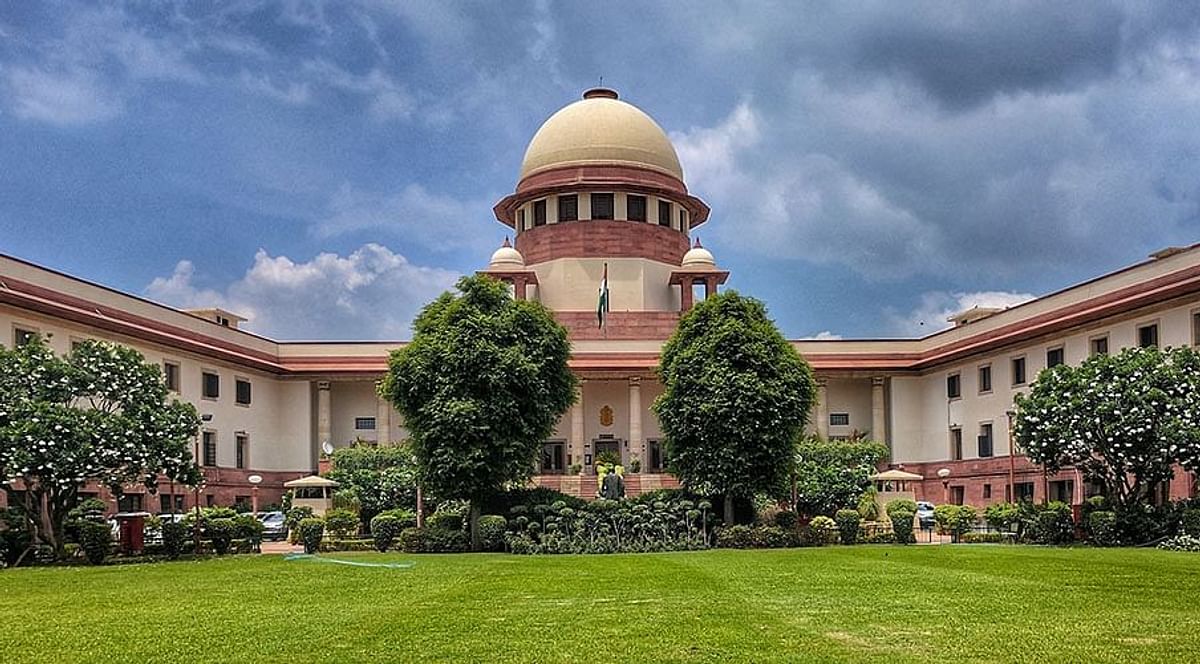
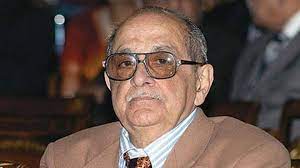
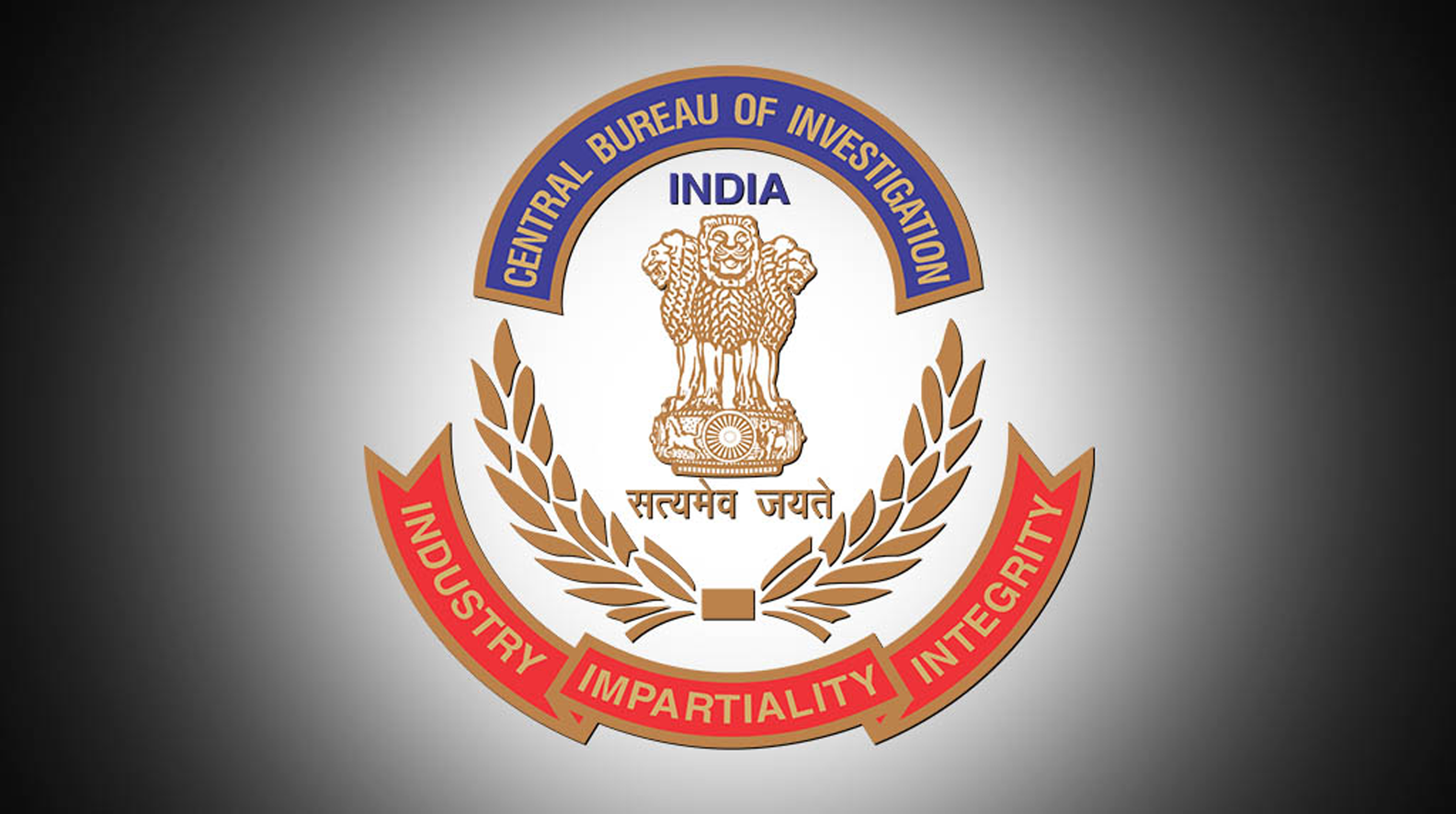
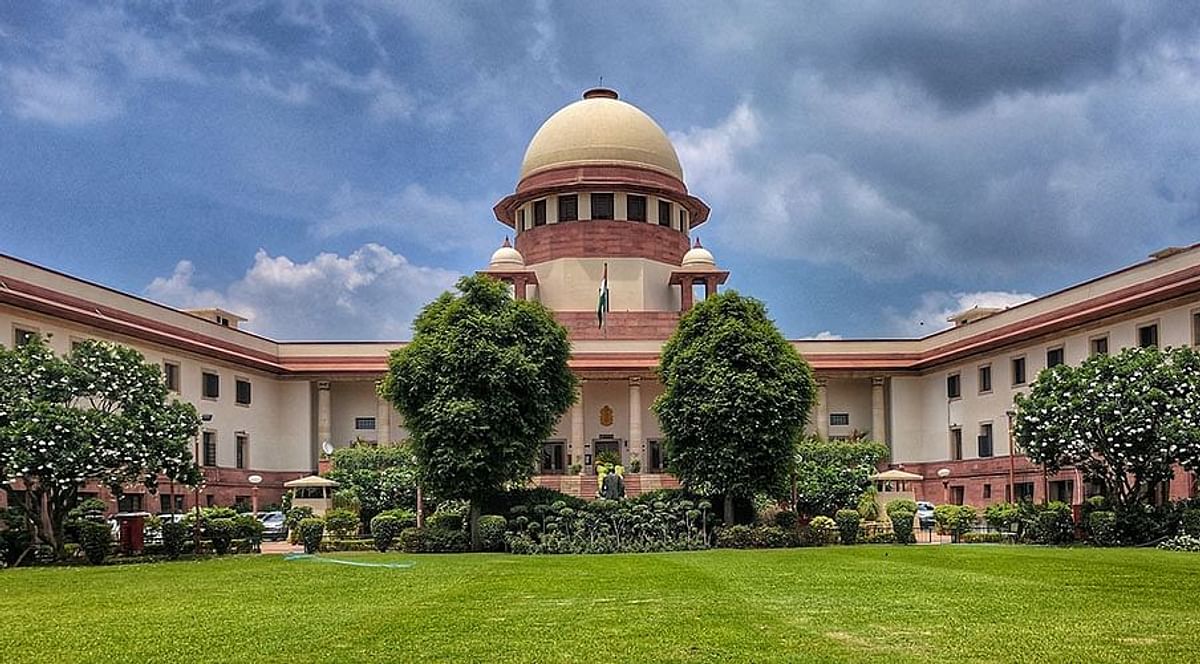

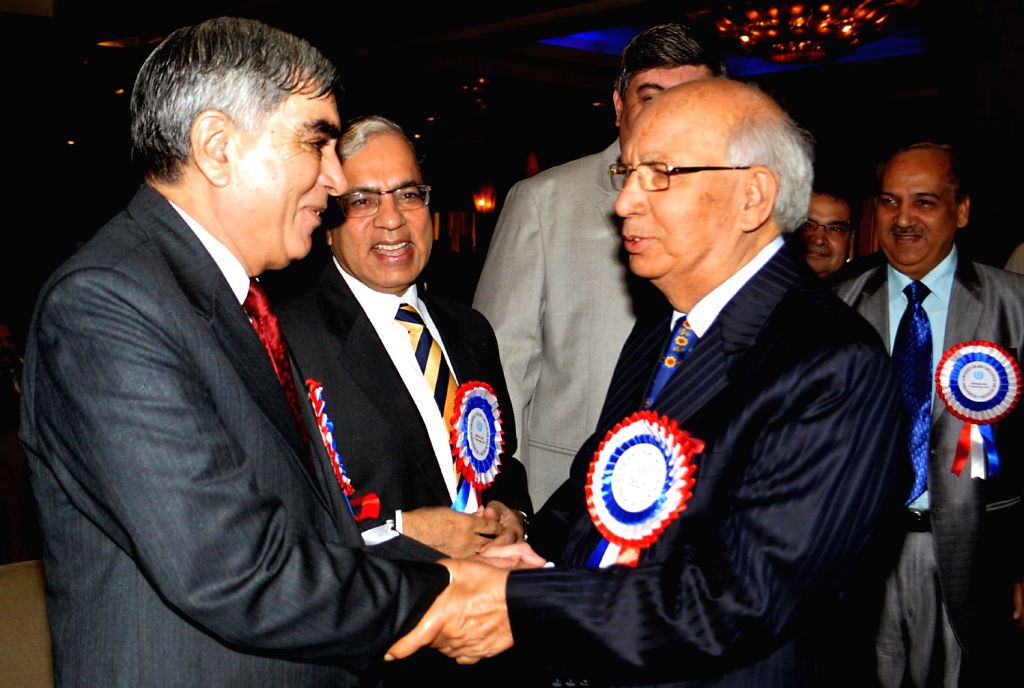







Comments (0)